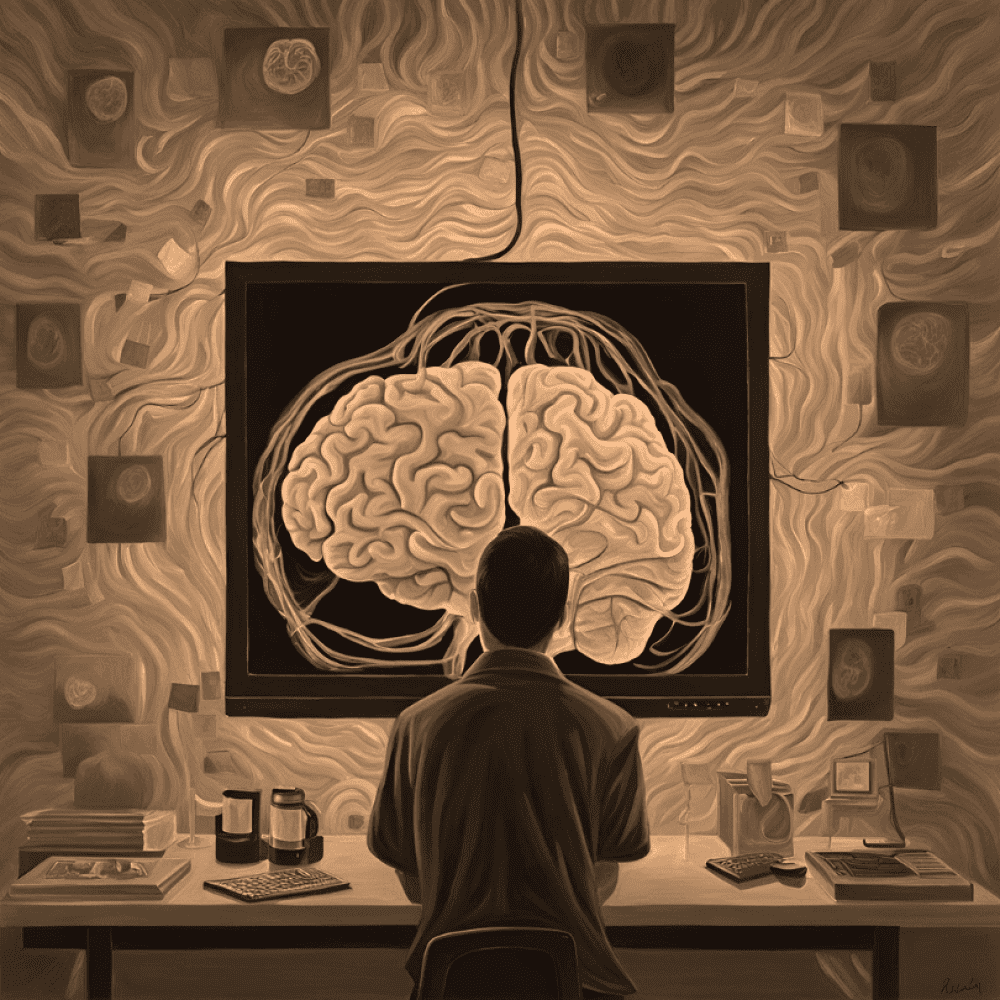When I first encountered personality mapping in college, I’ll admit I was skeptical. It seemed like just another way to put people in boxes. But as I’ve progressed in my career and personal life, I’ve come to appreciate the nuanced insights these tools can offer. At its core, personality mapping is about understanding the diverse ways we think, feel, and behave. The most widely accepted model in the field is the Five-Factor Model, or the Big Five, which breaks personality down into five main traits: Openness, Conscientiousness, Extraversion, Agreeableness, and Neuroticism. It’s fascinating to see how these broad categories can capture so much of our individual quirks and tendencies.
Of course, as someone who values evidence-based approaches, I had to dig into the science behind these assessments. Validity and reliability are key – basically, how accurate and consistent are these tests? Researchers use complex statistical methods to ensure that personality tests actually measure what they claim to and produce consistent results over time. Some of the heavy hitters in this field, like the NEO Personality Inventory and the Minnesota Multiphasic Personality Inventory (MMPI), have solid track records. While no test is perfect (hello, imposter syndrome, my old friend), well-designed assessments can provide valuable insights into our behaviors and motivations.
In my journey through therapy and self-improvement, I’ve seen firsthand how personality mapping can be a game-changer. Therapists use these tools to get a clearer picture of their clients’ mental landscapes, which can inform treatment strategies. As someone who’s benefited from therapy, I appreciate anything that helps bridge the communication gap between patient and professional. Beyond the therapist’s office, researchers are using personality mapping to explore how our traits relate to various life outcomes. Want to know how likely you are to ace that exam or nail that job interview? Your personality might have more to do with it than you think.
Speaking of jobs, personality mapping has become a big deal in the corporate world – for better or worse. Many companies now use personality assessments in their hiring processes, aiming to find candidates who’ll mesh well with their team and culture. As someone who’s been on both sides of the interview table, I can see the appeal, but it also raises questions about diversity and inclusion. These tools are also being used for team building, leadership development, and conflict resolution. And let’s not forget personal growth – understanding your personality profile can be like having a roadmap for self-improvement. There are even AI-powered coaching apps now that tailor their advice based on your personality type. Welcome to the future, I guess?
While I’ve come to appreciate the insights personality mapping can offer, I’m also aware of its limitations. No test can fully capture the beautiful complexity of human nature, and there’s always a risk of oversimplification or stereotyping. As a young adult who grew up with the internet, I’m also concerned about data privacy. Who has access to our personality profiles, and how are they being used? But maybe the privacy ship has sailed (maybe the ship is somewhere past Tahiti at this point). As we continue to integrate these tools into various aspects of our lives, it’s crucial that we approach them with a balance of openness and critical thinking. Personality mapping has undoubtedly shaped my understanding of myself and others, but it’s just one piece of the puzzle in the ongoing adventure of figuring out who we are and how we fit into this wild world.







